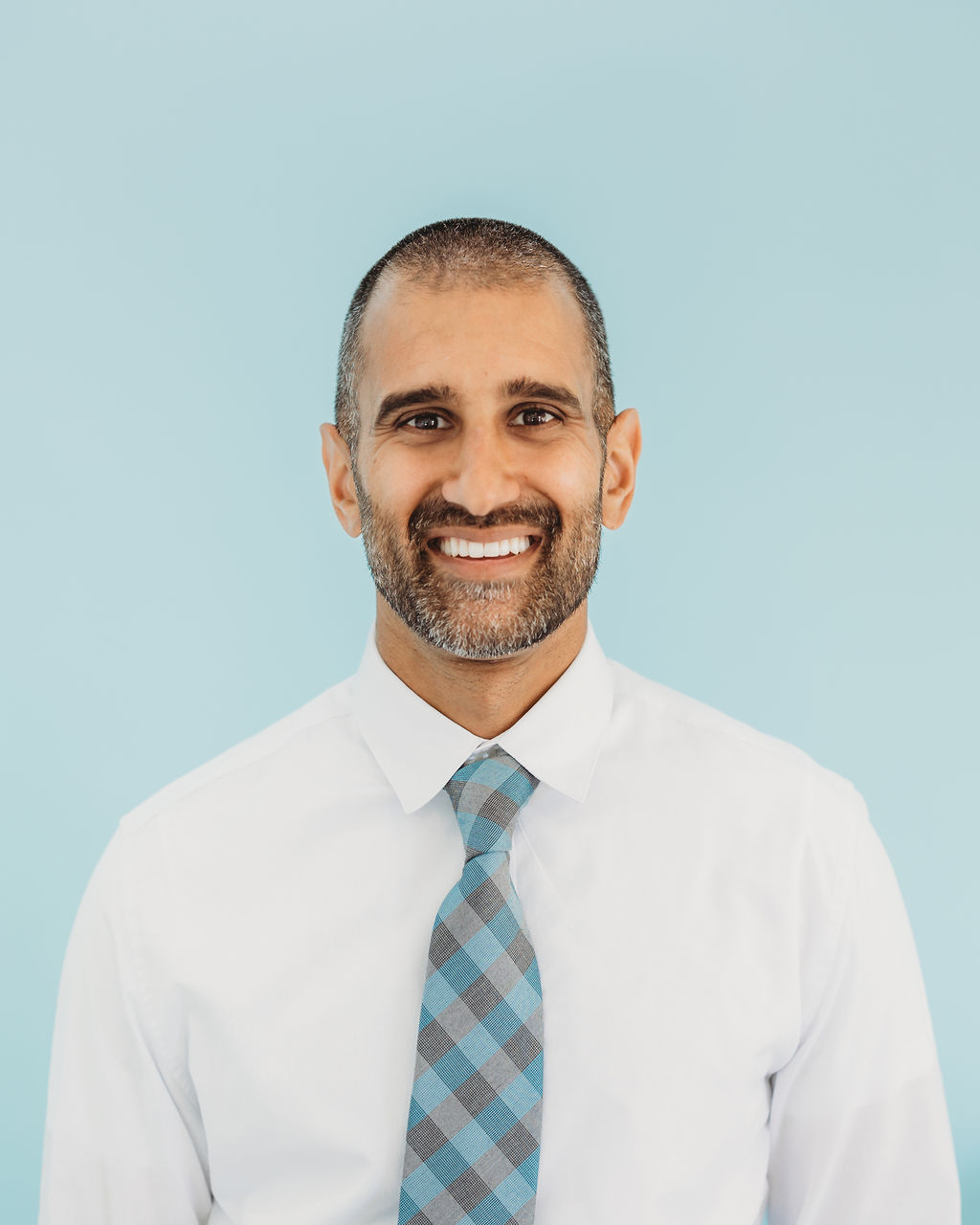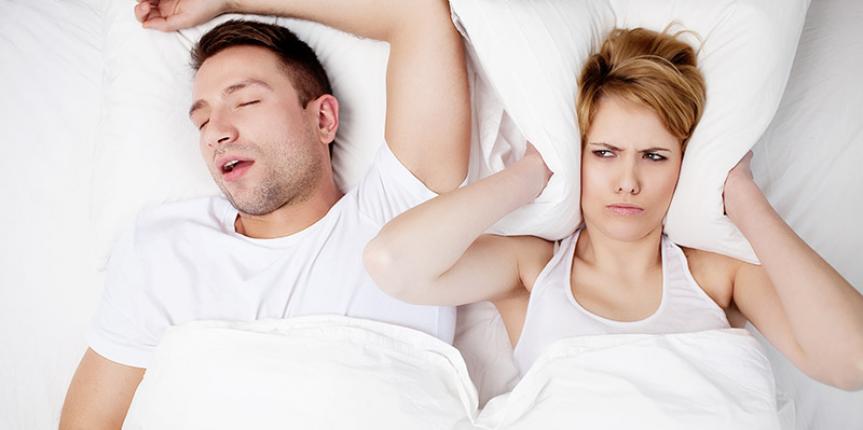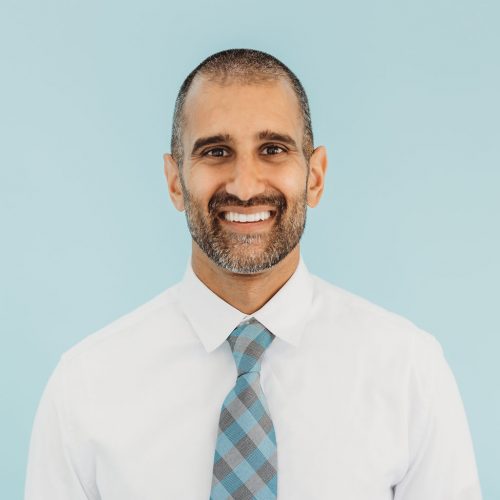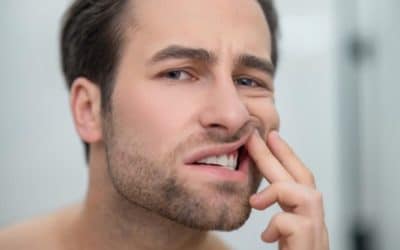Studies estimate that over 22 million Americans suffer from sleep apnea, and that’s a big problem – both for them and for anyone else living in their home! Sleep apnea is a condition where the throat closes while a person is asleep, either partially or entirely. Mild sleep apnea causes heavy snoring and fitful sleep. More severe cases make normal sleep nearly impossible, with the sufferer constantly jerking awake and unable to breathe.
There are several ways of dealing with sleep apnea, and one of the most common is the Continuous Positive Airway Pressure (CPAP) machine. In many situations a CPAP machine is effective – but it comes with issues of its own.
How a CPAP Machine Works
The theory behind a CPAP machine is quite simple. The person with sleep apnea wears a breathing mask which is attached via a hose to a machine that generates a constant stream of air into their mouth. This forces their throat to remain open and allows them to continue breathing throughout the night. Some models also include humidifiers, to prevent the mouth from becoming too dry.
There is no doubt that CPAP machines are effective, and for some people with severe sleep apnea, they are the only non-surgical option for treating their condition.
However, there are still issues with the technology. The machine creating the air pressure is bulky and not entirely quiet. Also, the mask itself is relatively intrusive and some patients find it difficult to sleep with their face covered by a mask. The tubing also inhibits movement in bed and during sleep. CPAP machines can be particularly troublesome for side sleepers and stomach sleepers.
These issues can also become problems for anyone sharing the bed.
Alternatives to CPAP Machines
For those with severe sleep apnea, their options are still slim. Often, the only alternative to CPAP machines is surgery to widen the airway.
However, those with mild-to-moderate sleep apnea may be able to find relief at their local Cedar Park dentist. Modern dentistry has created several retainer-style mouthpieces that can help prevent the airway from closing. These oral appliances help protrude the lower jaw forward, which in turn opens up the airway.
For many patients, these are a far more comfortable alternative to CPAP – an alternative that doesn’t require machinery won’t disturb any co-sleepers, and is also easier to travel with!
To learn more, contact

Submitted by Dr. Alkesh C. Sura
Dr. Alkesh C. Sura is the founder and lead dentist at Reveal Dental in Cedar Park, Texas. A North Carolina native, Dr. Sura earned both his Bachelor of Science in Public Health and Doctor of Dental Surgery degrees from the University of North Carolina at Chapel Hill.






